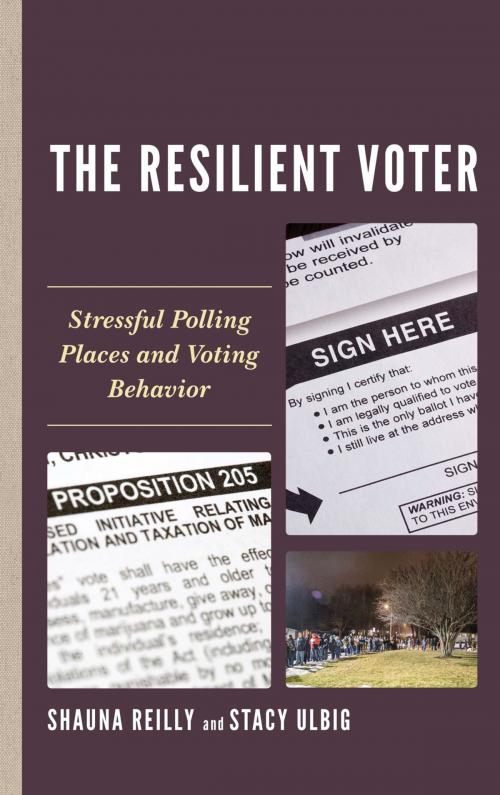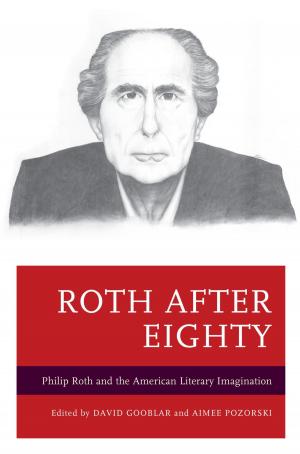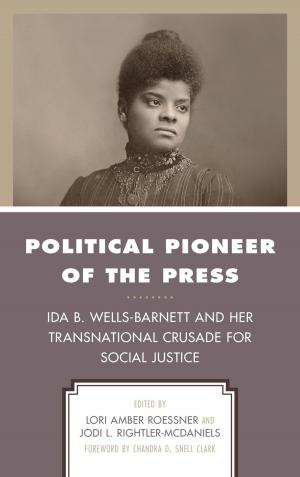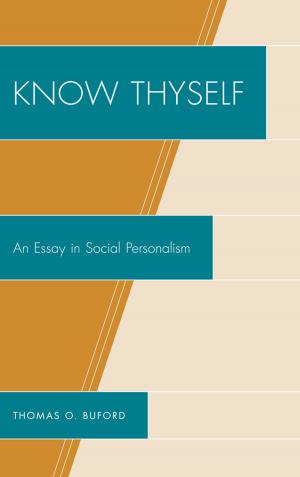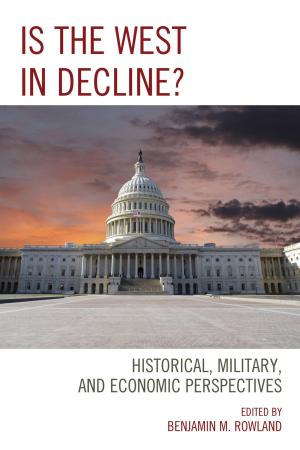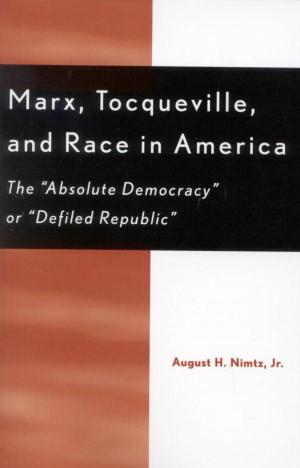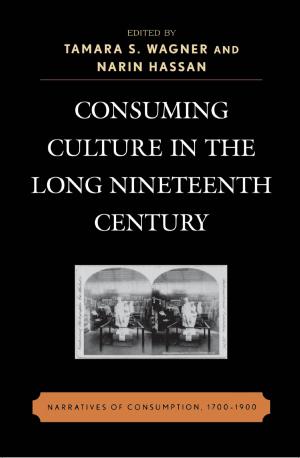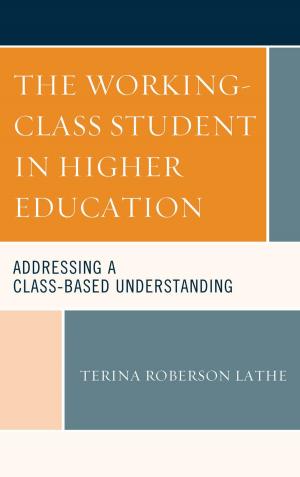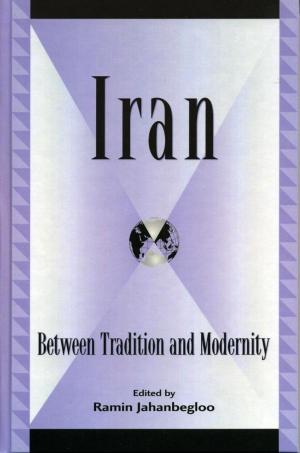The Resilient Voter
Stressful Polling Places and Voting Behavior
Nonfiction, Social & Cultural Studies, Political Science, Government, Elections, Politics, Practical Politics| Author: | Shauna Reilly, Stacy G. Ulbig | ISBN: | 9781498533539 |
| Publisher: | Lexington Books | Publication: | February 19, 2018 |
| Imprint: | Lexington Books | Language: | English |
| Author: | Shauna Reilly, Stacy G. Ulbig |
| ISBN: | 9781498533539 |
| Publisher: | Lexington Books |
| Publication: | February 19, 2018 |
| Imprint: | Lexington Books |
| Language: | English |
The Resilient Voter: Stressful Polling Places and Voting Behavior provides a new perspective on the role voting barriers play, demonstrating that they not only discourage participation but also affect the quality of votes cast. Offering an interesting and unique approach to the study of voting barriers, Shauna Reilly and Stacy G. Ulbig investigate the possibility that complicated ballot language, provisional voting, and long polling place lines cause some voters to cast ballots in a manner contradictory to their preferences.
Building on arguments that stressful polling place conditions subject citizens to stress that can prevent them from casting complete ballots or even choosing to vote at all, the authors ask whether those who endure polling place frustrations and persevere to cast a ballot might become so stressed by their experience that they are unable to mark their ballots in a manner consistent with their standing policy preferences. Using a creative experimental design, the authors examine the ways in which complex ballot language, registration difficulties, and long polling place lines affect voters’ stress levels, and how such anxieties translate into the willingness to cast a complete ballot and the ability to vote in a manner conforming to previously expressed preferences.
The authors demonstrate that even though most voters prove remarkably resilient in the face of some potentially stressful polling place barriers, they are not immune to all polling place conditions. Further, they illustrate that some segments of the electorate tend to be more vulnerable to polling place stressors than others and illustrate the ways in which the compound effects of multiple barriers can exert an even wider impact.
The Resilient Voter: Stressful Polling Places and Voting Behavior provides a new perspective on the role voting barriers play, demonstrating that they not only discourage participation but also affect the quality of votes cast. Offering an interesting and unique approach to the study of voting barriers, Shauna Reilly and Stacy G. Ulbig investigate the possibility that complicated ballot language, provisional voting, and long polling place lines cause some voters to cast ballots in a manner contradictory to their preferences.
Building on arguments that stressful polling place conditions subject citizens to stress that can prevent them from casting complete ballots or even choosing to vote at all, the authors ask whether those who endure polling place frustrations and persevere to cast a ballot might become so stressed by their experience that they are unable to mark their ballots in a manner consistent with their standing policy preferences. Using a creative experimental design, the authors examine the ways in which complex ballot language, registration difficulties, and long polling place lines affect voters’ stress levels, and how such anxieties translate into the willingness to cast a complete ballot and the ability to vote in a manner conforming to previously expressed preferences.
The authors demonstrate that even though most voters prove remarkably resilient in the face of some potentially stressful polling place barriers, they are not immune to all polling place conditions. Further, they illustrate that some segments of the electorate tend to be more vulnerable to polling place stressors than others and illustrate the ways in which the compound effects of multiple barriers can exert an even wider impact.
